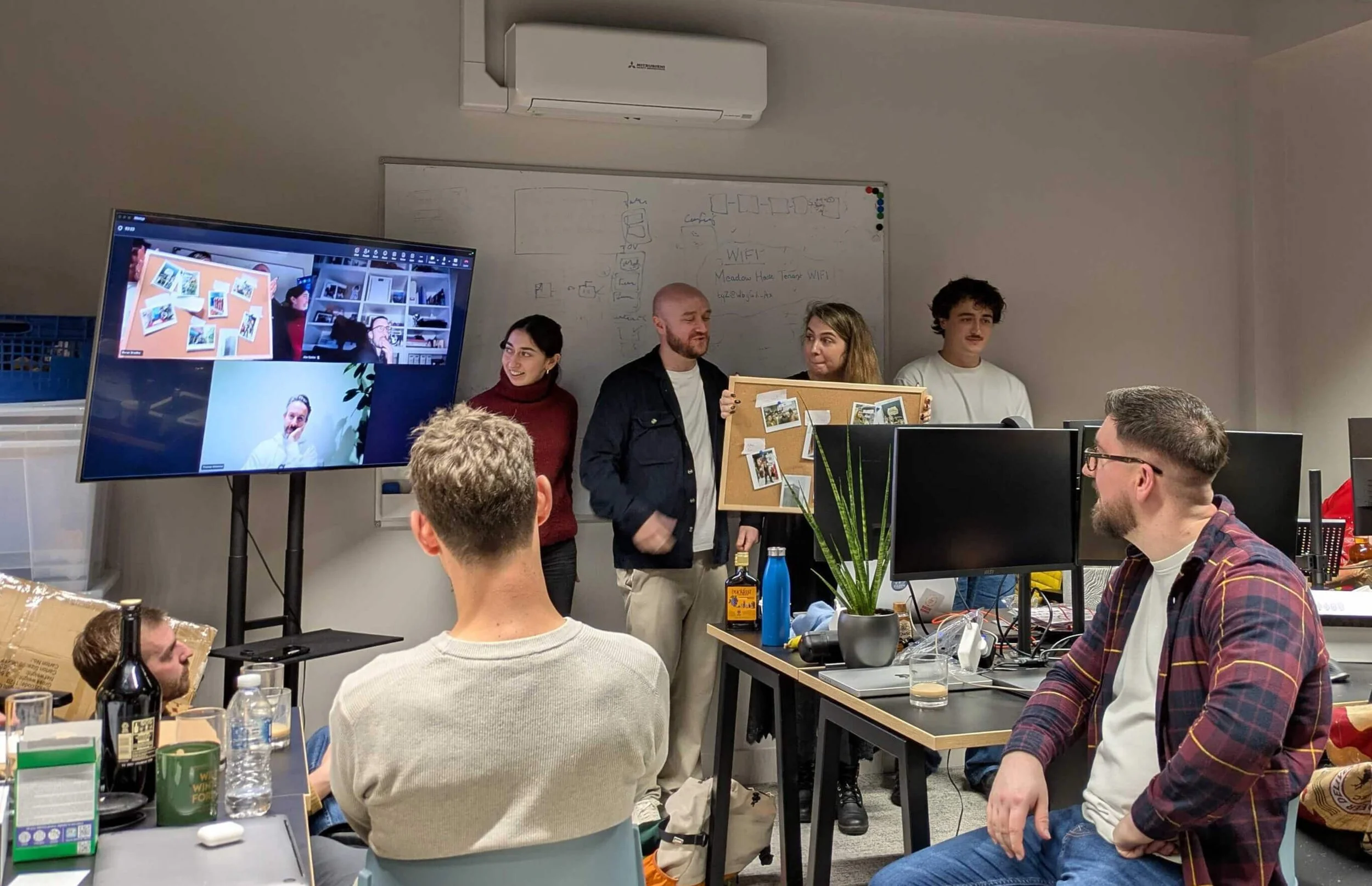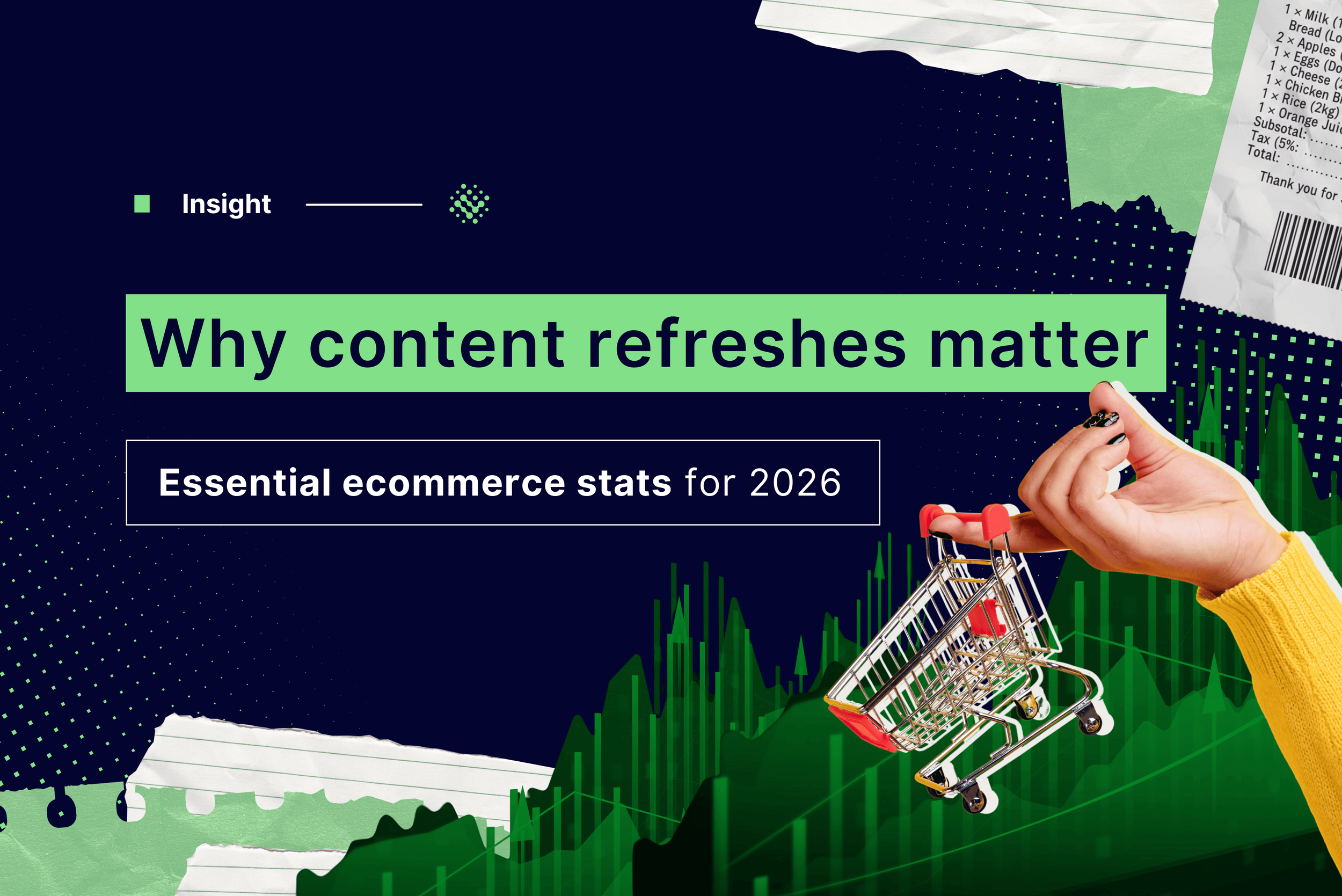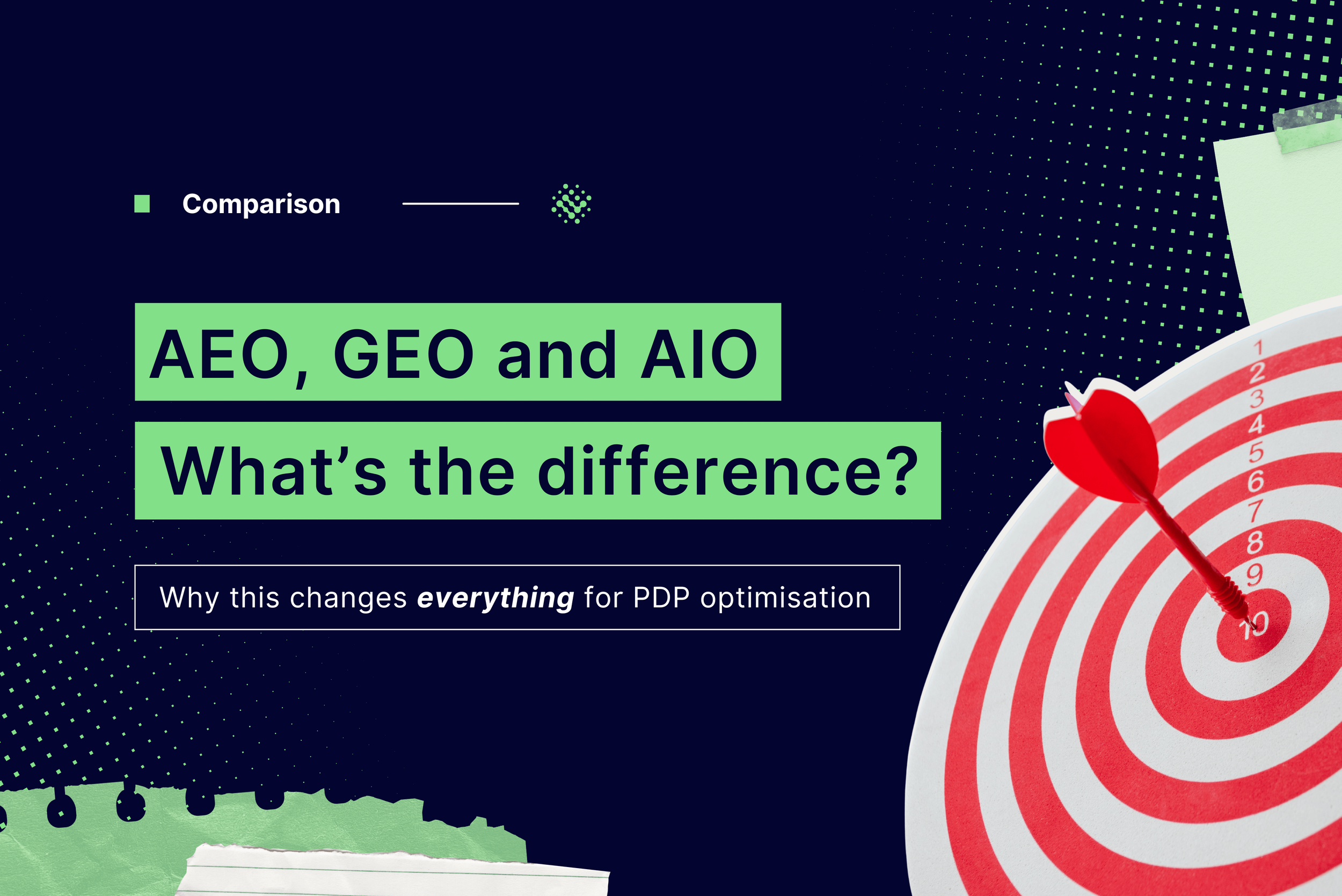What’s in Store for the Adoption of AI in the eCommerce Sector?
Isabel Scavetta is a Product Manager in our London office, who is inspired by how we can keep people at the heart of the digital transformation of society. Her main focus at Ocula is bridging the gap between the capabilities of our advanced analytics and the everyday business needs of our clients. She is involved in the development and launch of our latest retail AI solution Ocula Boost, and our Price Optimisation module.
In this feature, she reflects on her experiences building AI products and the importance of translating advanced analytics into actionable insights for business leaders.
How can AI help retailers to get ahead?
When we think about advanced analytics in the public eye, there can be an assumption that the incorporation of AI capabilities would be something pronounced and revolutionary. Of course, there are all sorts of exciting developments in the field right now, from generative AI to AI medical diagnoses. I’ve previously helped to build ML products for a leading engineering firm who were looking to leverage this technology to transform organisations in safety-critical industries; there’s definitely some ways in which it’s unmistakable.
However, most of the power that industry stands to gain from AI is subtle and complementary to our existing experiences. It’s augmenting the processes and interactions that we already have; the reality is that AI is already commonplace in so many industries that we all deal with on a daily basis.
This is certainly the case in the typical eCommerce customer journey. Competition is becoming fierce, and AI-enabled services are helping retailers provide better experiences to serve the right customers with the right products, at the right time. A huge percentage of leading retailers already use it to improve and sharpen their current customer experience, from recommendation engines to price regulation strategies. The technology behind these experiences is less important than the tangible impact it is having for shoppers: smoother buying journeys, quicker customer support and improved personalisation.
What are some of the biggest challenges in its adoption in the retail industry?
Whilst the topic of AI is here to stay, there are numerous barriers to entry to retailers looking to leverage cutting-edge tech to get ahead. To begin, typical eCommerce leaders often face difficulties with their data itself, which are prerequisites to effective AI solutions. That can be a number of issues, to name a few: data silos, inconsistent data, data sparsity, difficulties in data labelling and formats…
Even if the data is in adequate shape, the big question is how they are then able to transform that into something meaningful. Outside of the incumbent players in the market, most retailers lack the specific skill set in their teams to transform that data into something insightful.
Furthermore, there is often a false perception that AI solutions are here to go head-to-head with decades of retail subject matter expertise. Most of the retailers I’ve worked with have had unique business propositions with significant amount of nuance in their customer behaviour and product offering. For many, it feels hard to believe that any given technical solution could learn to keep up, or appreciate what makes their organisation so special.
How are Ocula making advanced analytics accessible to new audiences?
The North Star of our journey is to democratise AI for retailers who don’t have the resources and skill set to build out their own extensive, internal data science function.
Our team is made up of product leaders, data scientists and data engineers from a wide variety of backgrounds, including academia, retail, F1 engineering and personalisation science. Our work is based on a shared belief that the application of data science that we saw across our disparate industries could be applied to unlock data-driven potential in new sectors. Having been a part of the Ocula journey since its start, it has been great to watch this team grow to create the Ocula platform.
The cornerstone to our success is a focus upon translating complex output into actionable insights that anyone could understand. Ultimately, it doesn’t matter what analytics we run or conclusions we draw; the value to any eCommerce end user is that critical “so what?”. It’s been great to centre us upon always returning to our end user and thinking about how we can make AI work for them.
The results we’ve been able to achieve so far for our clients is testament to our mission statement. It’s great to be partnering with an ever-growing pool of forward-thinking retailers and brands who are now looking to leverage AI to get ahead.
Curious to see how Ocula Boost could work for your eCommerce business? Book your free, no-commitment 15 minute demo including personalised insights here today: Ocula Demo - You can book online!






